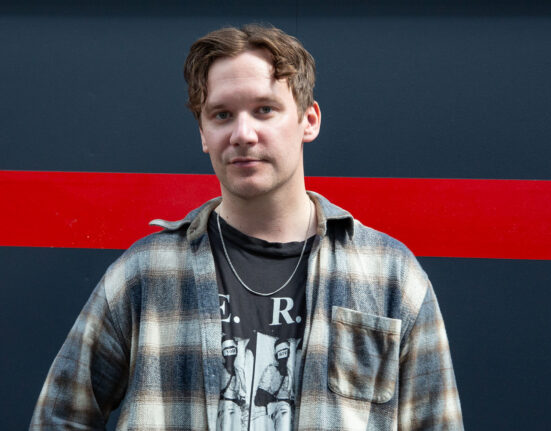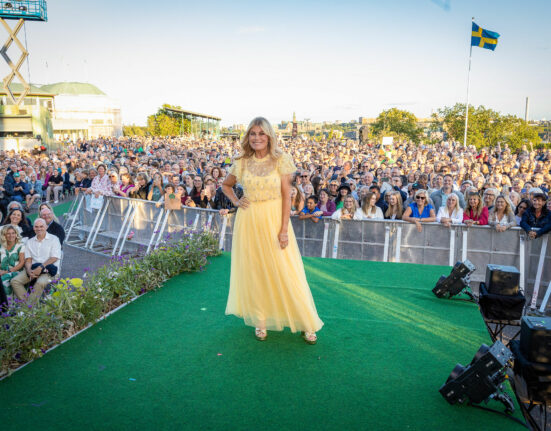In the heady days of Nobel week – YLC’s Judi Lembke sets out to educate, nay, inform our readers on just who will be receiving the esteemed Nobel Prizes from Royal hands in 2013.

In years past everything from Bucky Balls to Doris Lessing being grumpy has made Nobel season a bit more interesting. But while the Literature Prize is fairly easy to wrap our heads around, some of the other prizes can be a bit more challenging. I, Judi Lembke, am going to attempt to explain, in the simplest way possible, this year’s winners.
Physics
Belgiums’ Francois Englert and Peter W. Higgs of Britain are this year’s winners of the Physics prize. They won for – get ready – ‘the theoretical discovery of a mechanism that contributes to our understanding of the origin of mass of subatomic particles, and which recently was confirmed through the discovery of the predicted fundamental particle, by the ATLAS and CMS experiments at CERN’s large Hadron Collider’. Thanks Nobel Foundation for making that easy for me to understand! But understand I will.
Basically, this means that these two predicted the existence of the Higgs boson particle and that explains how elementary matter attained the mass to form stars and planets. The prediction is hailed as one of the most important when it comes to understanding the cosmos. The insight – and the attendant confirmation – means that work towards understanding dark matter and other areas of space has moved a bit further.
Chemistry
Three US-based scientists – Martin Karplus (US-Austria), Michael Levitt (Britian, US, Israel) and Arieh Warshel (US, Israel)– are jointly awarded this year’s Chemistry prize for ‘the development of multiscale models for complex chemical systems’. Back in the 70s research carried out by the trio was instrumental in helpiong scientists develop programs that unveil chemical processes such as the purification of exhaust fumes or photosynthesis in green leaves, according to the Royal Swedish Academy of Sciences. In real terms the work makes it possible to optimise catalysts for cars or to design drugs or solar cells.
Physiology or Medicine
This year’s Medicine prize went to Americans James E. Rothman, Randy W. Schekman and Thomas C Sudhof for ‘their discoveries of machinery regulating vesicle traffic, a major transport system in our cells’. The research that the three carried out individually basically means that their work collectively solved the mystery of how the cell organised its transport system. This is important because, among other things, it means the delivery of medicine and the treatment of chronic illnesses such as diabetes can be much more effective.
Economics
Some view the Economics Prize as the bastard cousin of the Nobels, mainly because it wasn’t in Alfred Nobel’s original plan and was only created in 1968. That aside, this year’s winners are three Americans: Eugene F. Fama, Lars Peter Hansen and Robert J. Shiller, for ‘their empirical analysis of asset prices’. While the three clash on theory their work is all about housing, bubbles and markets – something that many of us are impacted by.
Literature
This is the most glamorous of the Prizes and this year Canadian short story writer Alice Munro is the winner, becoming only the 13th woman to win the Literature Prize since it’s inception in 1901 and the first Canadian woman ever. Munro was cited for ‘being a master of the contemporary short story’. Munro, at 82, has published 14 story collections, which are noted for their spare prose and great insight into the human psyche. The award came at an interesting time, as Munro has repeatedly said that her most recent publication, Dear Life, will be her last.
Peace Prize
While the Peace Prize is the Grand Poobah of the Nobels it is, arguably, also the least glamorous as well as the most controversial (probably because Alfred wasn’t all that clear as to what would be considered worthy of the Peace Prize). This is because no matter who wins it’s still handed out at noon in Oslo and the afterparty doesn’t have quite the same cache as the one in Stockholm. So why is the Peace Prize handed out by a separate committee in a separate city? It’s not completely clear, although Norway was ruled in conjunction with Sweden at the time of Nobel’s death, and Norway was less militaristic at that time.
Either way, this year’s winner is the Organisation for the Prohibition of Chemical Weapons for ‘its extensive efforts to eliminate chemical weapons’. Unlike recent winners, this year’s has been hailed as a brilliant choice, particularly in light of events in Syria and other countries during 2013.
Do you have any thoughts on this year’s winners? Tell us about it in the comments below or discuss on our forum.
Judi Lembke
Judi Lembke is an experienced journalist who goes through life with a serene if slightly deranged smile on her face. When she’s not shackled to her computer, she enjoys reading, cooking and sometimes watching embarrassingly bad reality TV. (But don’t tell anyone. She prefers to be seen as far too highbrow for that sort of thing.) Judi also works with communications and thinks coming up with clever ideas is about as much fun as one can have without taking of one’s clothes.
For more info about what’s on in Stockholm, follow Your Living City on Twitter or subscribe to our newsletter here!












1 Comment